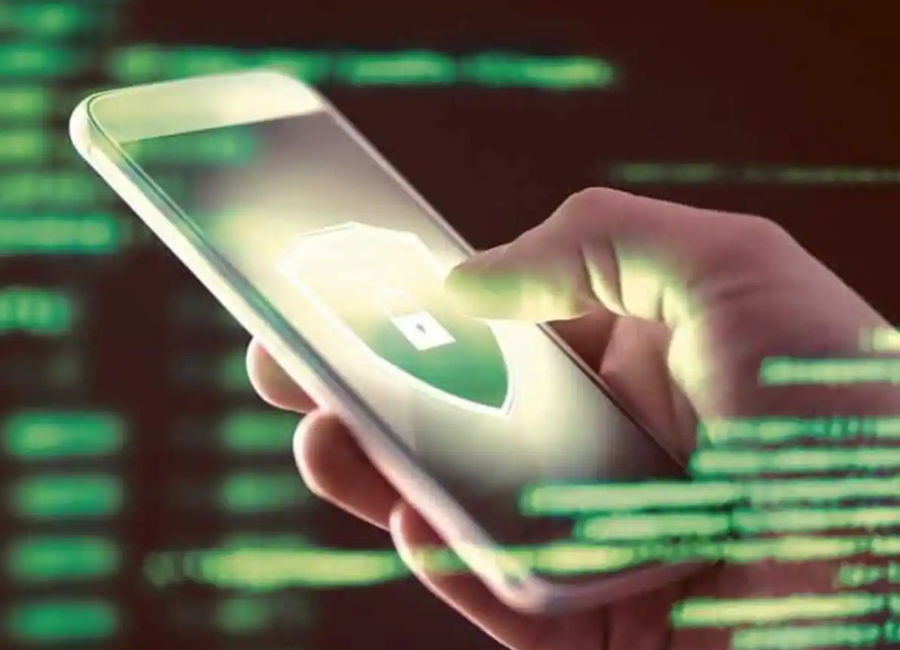A recent investigation has uncovered a clandestine surveillance practice employed by unidentified governments, targeting smartphone users through the often seemingly innocuous push notifications delivered by apps. Though these notifications may appear harmless on the surface, they traverse Apple and Google servers, providing a covert channel for governments to access the concealed information within.
The matter came to public attention when U.S. Senator Ron Wyden penned a letter to Attorney General Merrick Garland, urging the removal of a gag order that prevented Apple and Google from publicly disclosing details about this surveillance method. Senator Wyden’s office received a tip regarding foreign government agencies requesting push notification records from the tech giants, but the companies were unable to divulge any information due to the imposed gag order.
Insiders familiar with the situation revealed that the surveillance requests originated from both foreign and U.S. government agencies. Although the specific governments involved remain unidentified, they were described as “democracies allied to the United States,” prompting concerns about the extent of government surveillance and potential breaches of user privacy.
Apple and Google, acting as intermediaries in the push notification transmission process, play a pivotal role in facilitating the delivery of these notifications through their platforms. As part of this process, they possess metadata and, potentially, sensitive user data. Moreover, if app developers fail to encrypt the content of push notifications, Apple and Google may also have access to that information.

Senator Wyden is advocating for transparency from Apple and Google regarding government requests for user data. He calls for these companies to be allowed to disclose information about surveillance practices, share aggregate statistics concerning the volume of surveillance requests they receive, and notify affected customers about demands for their data.
Responding to the revelations, Apple has updated its ‘Legal Process Guidelines’ to clarify its compliance with law enforcement requests for Apple ID information related to push notifications. The update acknowledges that subpoenas or more robust legal processes can be employed to acquire the Apple ID linked to a registered push notification token.
The issue of push notification surveillance raises broader concerns about privacy invasion in the digital age. As users become increasingly dependent on smartphones and apps, safeguarding their data’s security is crucial, ensuring protection from unwarranted government surveillance. Enhanced transparency and accountability from both tech companies and governments are imperative to address these concerns and preserve user privacy in the ever-expanding digital realm.









